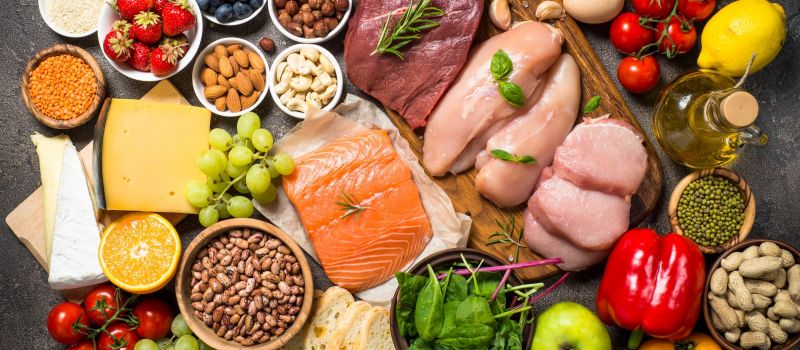A low-oxalate diet to avoid kidney stones
By Canada Cloud Pharmacy | Published Wednesday 26 May 2021

Kidney stones form when some chemicals from your urine crystallize and aggregate to form hard deposits. Your urine has chemicals that prevent the formation of such stones and sometimes the tiny stones pass out of the body through the urine. However, some larger aggregates are not picked by the urine and they deposit on the linings of the kidneys.
While several chemicals may result in the formation of kidney stones, calcium oxalate stones are the most commonly occurring kidney stones. Your doctor will recommend a low-oxalate diet to avoid stone formation. Let us discuss what oxalate free diet comprises and how does it benefit.
How does oxalate contribute to kidney stones?
Oxalate is a chemical abundantly present in plants and vegetables such as spinach, rhubarb, okra, potato, beet and fruits such as berries, grapes, figs and kiwi. Your body removes wastes through urine. Oxalate absorbed from the food goes to the kidneys to be removed through the urine. If present in excess quantity, the oxalate binds to calcium in the urine to form stones.
What is a low-oxalate diet?
Doctors recommend limiting the intake of oxalate to 40-50mg/day if you have calcium oxalate kidney stones. Lesser intake of oxalate will avoid its excess accumulation and formation of kidney stones. A low-oxalate diet includes the following:
-
Limit the quantity of oxalate-rich vegetables and fruits. Instead include vegetables such as cabbages, cauliflower, mushroom, onions, peas and fruits such as bananas, apricots, mango and papaya.
-
Soak legumes, vegetables and lentils in water before you cook them to reduce oxalate content.
-
Eat white rice, corn and oats.
-
Avoid chocolates, soy containing products, brown rice and millets.
Some useful tips while following the low-oxalate diet:
-
Increased fluid intake will dilute the urine. Drink plenty of water.
-
Increase your calcium intake. More calcium present in your stomach and intestine will bind to the oxalate before it reaches the urine. This will avoid kidney stone formation. Try to get the necessary calcium from your diet. If you are taking supplements talk to your doctor.
-
Eat an optimum amount of protein through 2-3 servings/day.
-
A high amount of vitamin C may also result in increased amounts of oxalate in the urine. Consult your doctor, if you are taking vitamin C supplements.
-
Restrict sodium intake to 2-3 g/day, as excess sodium may increase calcium in the urine and when calcium binds to oxalate in the urine, stones may form. Consume more fresh fruits and vegetables, whole grains, milk and yogurt, small portions of unseasoned meat, fish and poultry, and unsalted nuts and seed.
-
Reduce the amount of nuts you eat each day as they are high in oxalate.
Following a proper diet that contains less oxalate to avoid kidney stone formation. You can enjoy oxalate containing food in optimum quantities. Talk to your doctor for the best advice on a low-oxalate diet.



 Canadian Company
Canadian Company 



 Sign In
Sign In
 Home
Home 
 About Us
About Us 
 How to order
How to order 
 Products
Products 



